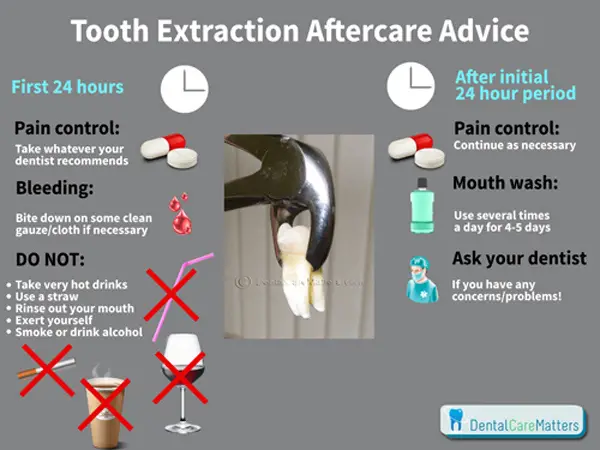Tooth Extraction Pain Meds

The anxiety of undergoing a tooth extraction can be overwhelming, and one of the primary concerns for many patients is the potential for pain during and after the procedure. Fortunately, advancements in dental care and pain management have led to the development of effective tooth extraction pain medications, making the experience more comfortable for patients.
Understanding Tooth Extraction Before delving into the pain medications, it’s essential to understand the tooth extraction process. A tooth extraction is a surgical procedure where a dentist or oral surgeon removes a tooth from the mouth. This can be due to various reasons such as tooth decay, gum disease, or overcrowding. The procedure can be classified into two main types: simple extraction and surgical extraction. Simple extraction involves removing a tooth that is visible above the gum line, whereas surgical extraction requires making an incision in the gum to access the tooth.
Pain Management Options Effective pain management is crucial for a comfortable tooth extraction experience. The goal is to minimize discomfort during the procedure and manage any post-operative pain. Dentists and oral surgeons use various medications and techniques to achieve this. Some common pain management options for tooth extraction include:
- Local Anesthetics: These medications numb the area around the tooth, ensuring that the patient does not feel any pain during the procedure. Common local anesthetics used in dentistry include lidocaine, articaine, and mepivacaine.
- Sedation Dentistry: For patients who experience anxiety or fear, sedation dentistry can be an excellent option. Sedatives can help the patient relax, reducing anxiety and discomfort. Sedation methods include oral sedation, inhalation sedation (nitrous oxide), and IV sedation.
- Over-the-Counter (OTC) Pain Relievers: After the procedure, patients may experience some discomfort. OTC pain relievers such as ibuprofen (Advil, Motrin) and acetaminophen (Tylenol) can help manage mild to moderate pain.
- Prescription Pain Medications: In some cases, the dentist or oral surgeon may prescribe stronger pain medications, such as opioids, for more severe pain. However, these are typically reserved for extreme cases due to their potential for dependence and side effects.
Post-Operative Care and Pain Management Proper post-operative care is vital for minimizing pain and ensuring a smooth recovery. Patients should follow the instructions provided by their dentist or oral surgeon, which may include:
- Resting and Avoiding Strenuous Activities: Giving the body time to heal can significantly reduce pain and discomfort.
- Applying Ice Packs: Ice can help reduce swelling and ease pain.
- Eating Soft Foods: Avoiding hard or crunchy foods can minimize irritation to the extraction site.
- Maintaining Good Oral Hygiene: Keeping the mouth clean, especially the extraction site, can prevent infection and promote healing.
FAQs
How long does pain last after a tooth extraction?
+Pain after a tooth extraction can vary from person to person but typically lasts a few days. Most patients experience the peak of discomfort in the first 24 to 48 hours, after which the pain gradually subsides.
Can I drive after taking sedation for a tooth extraction?
+No, it's not recommended to drive after sedation. Sedatives can impair judgment and reaction time, making it unsafe to operate a vehicle. It's best to have someone accompany you to the appointment and drive you home afterward.
How can I manage pain if I'm allergic to common pain relievers?
+If you're allergic to common pain relievers, it's crucial to inform your dentist or oral surgeon. They can recommend alternative medications or suggest other pain management strategies tailored to your needs and allergies.
In conclusion, while the prospect of undergoing a tooth extraction can be daunting, advancements in pain management have made the process significantly more comfortable. By understanding the available pain medications and following post-operative care instructions, patients can minimize discomfort and ensure a smooth recovery. Always consult with a dental professional for personalized advice and care.


